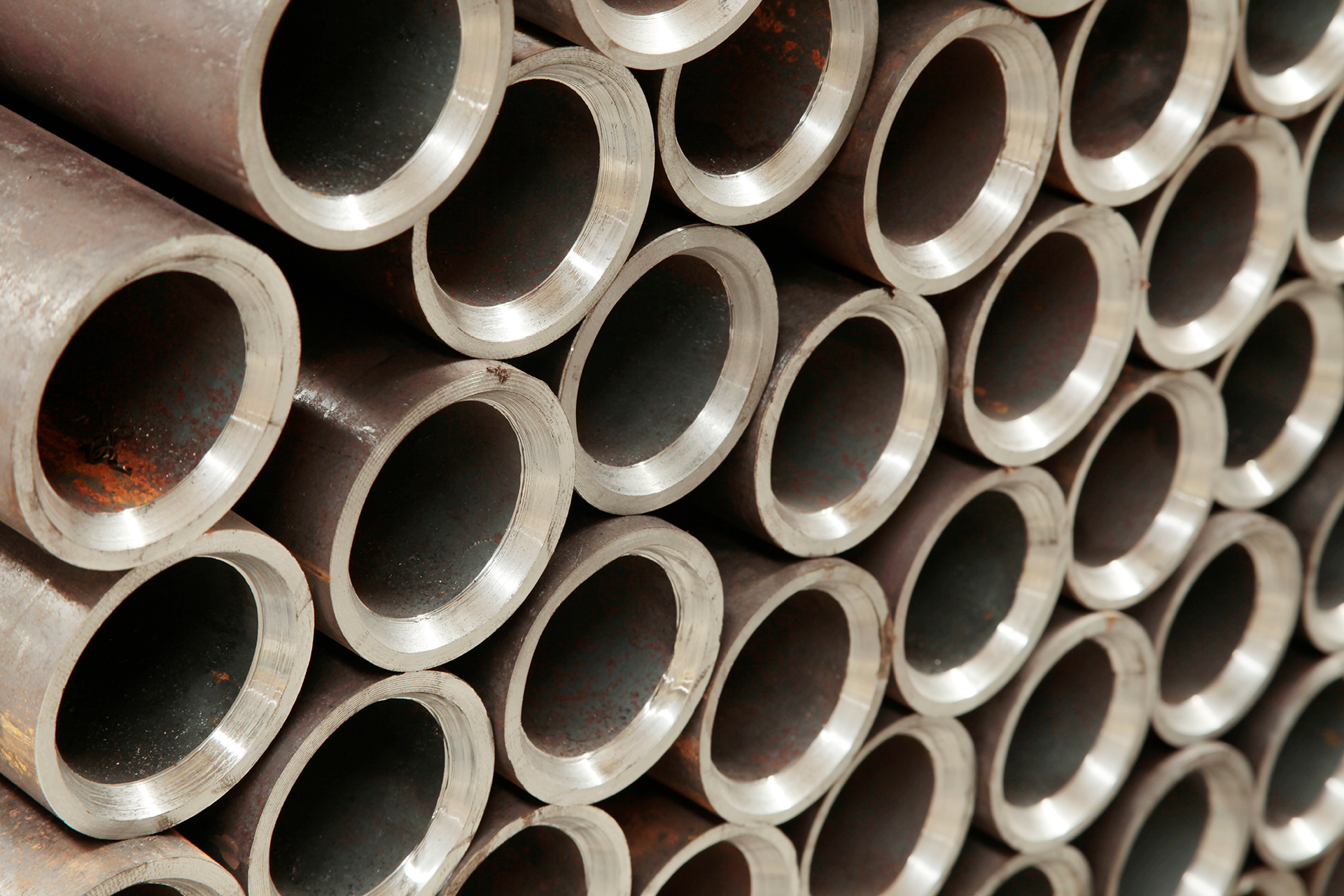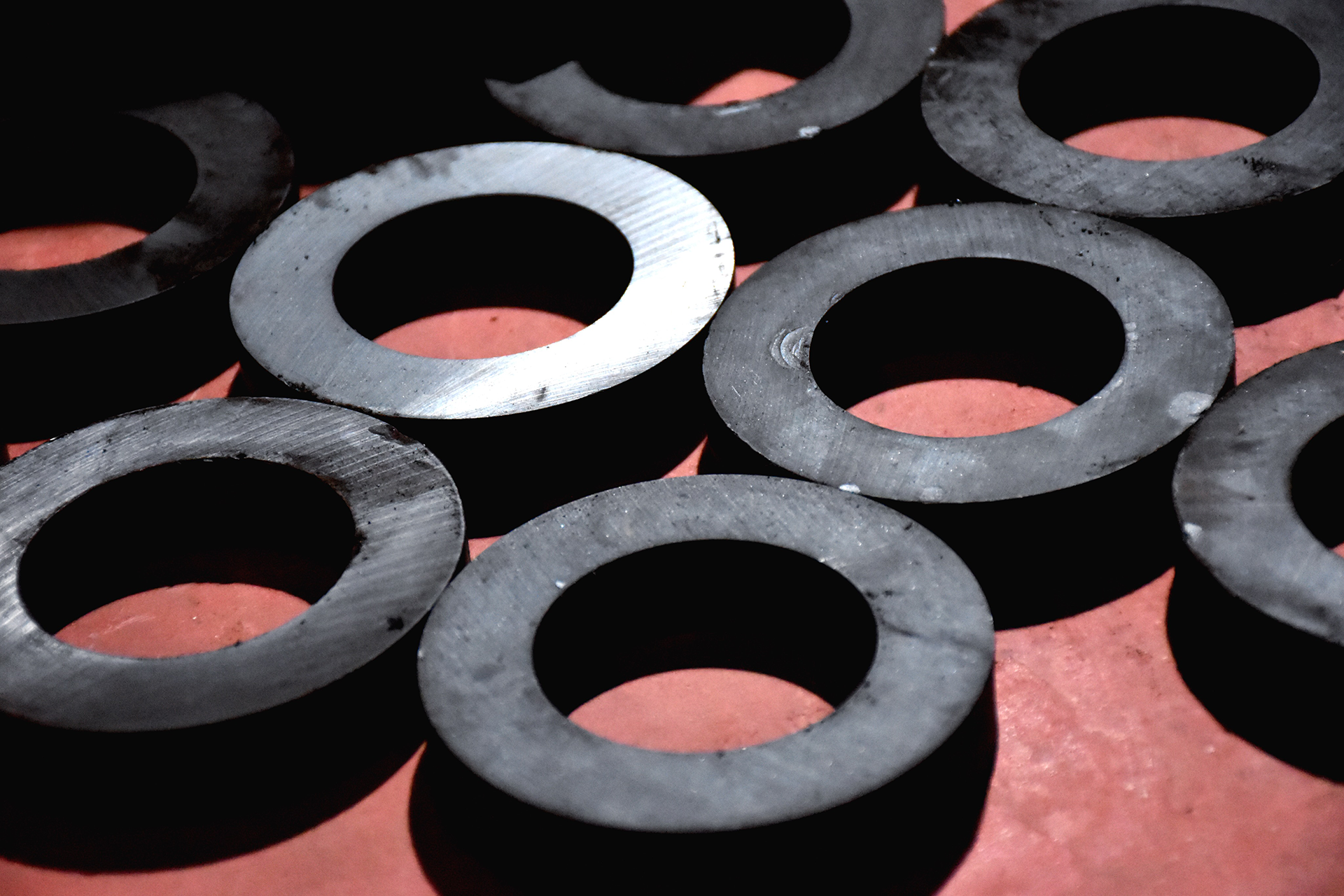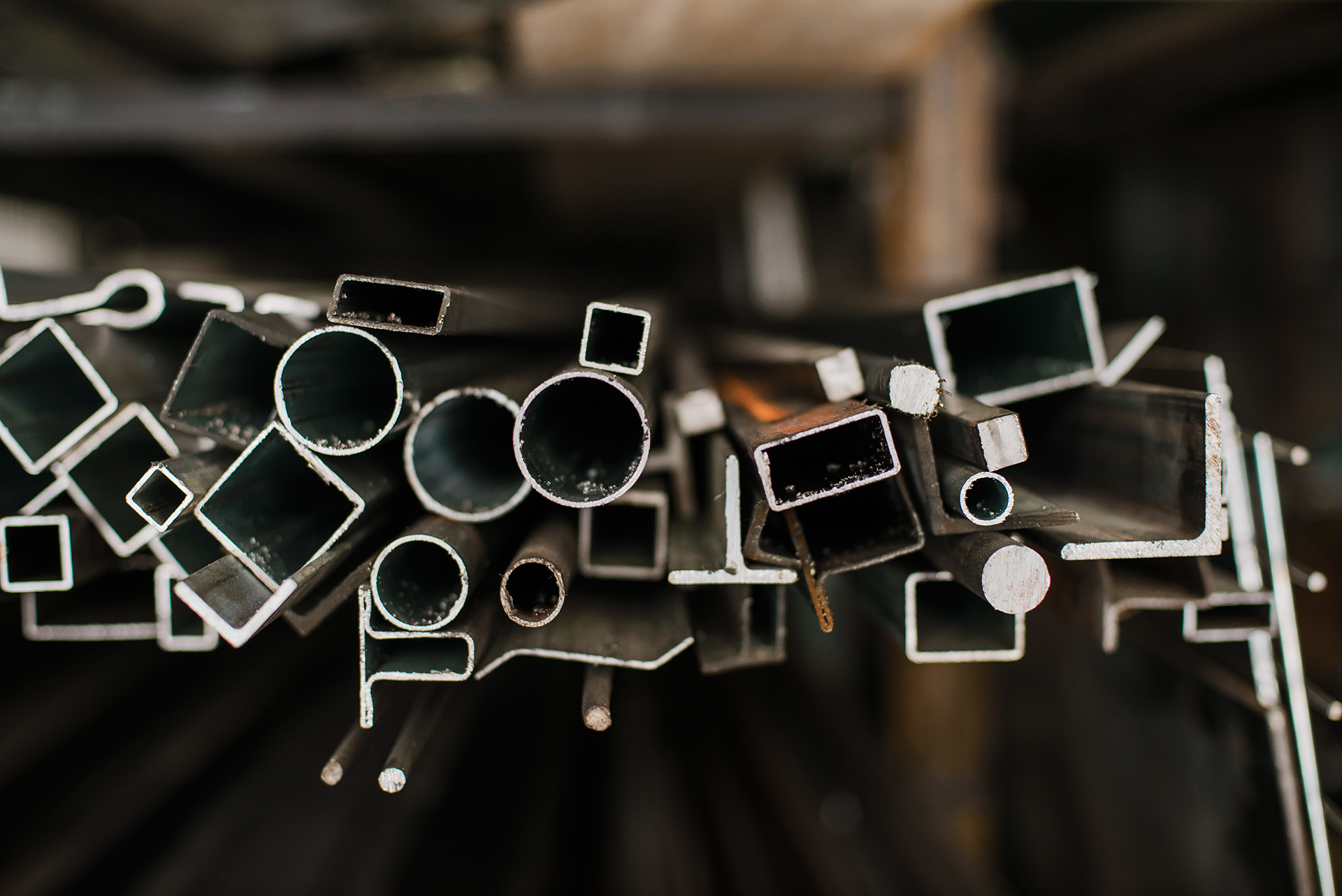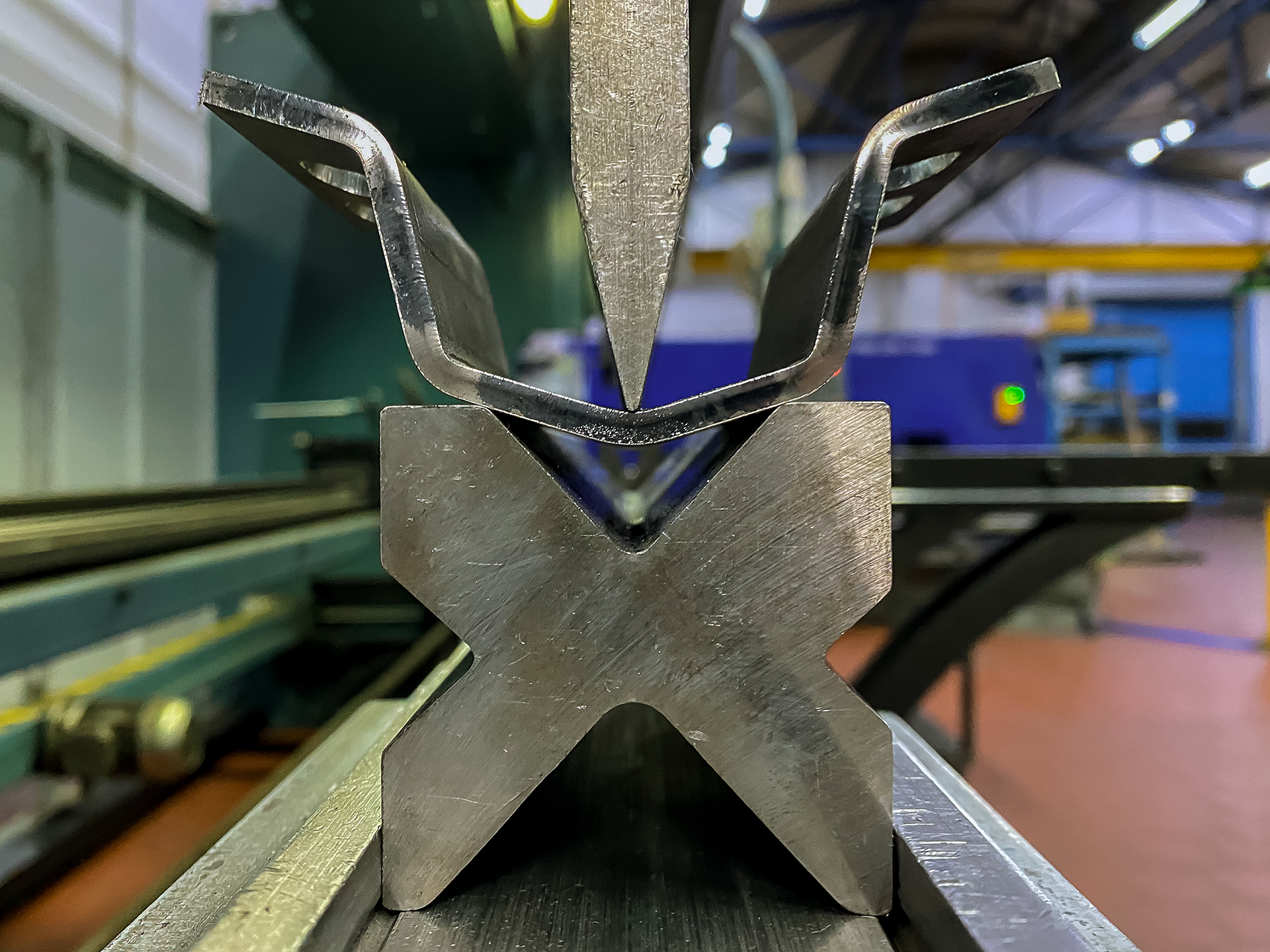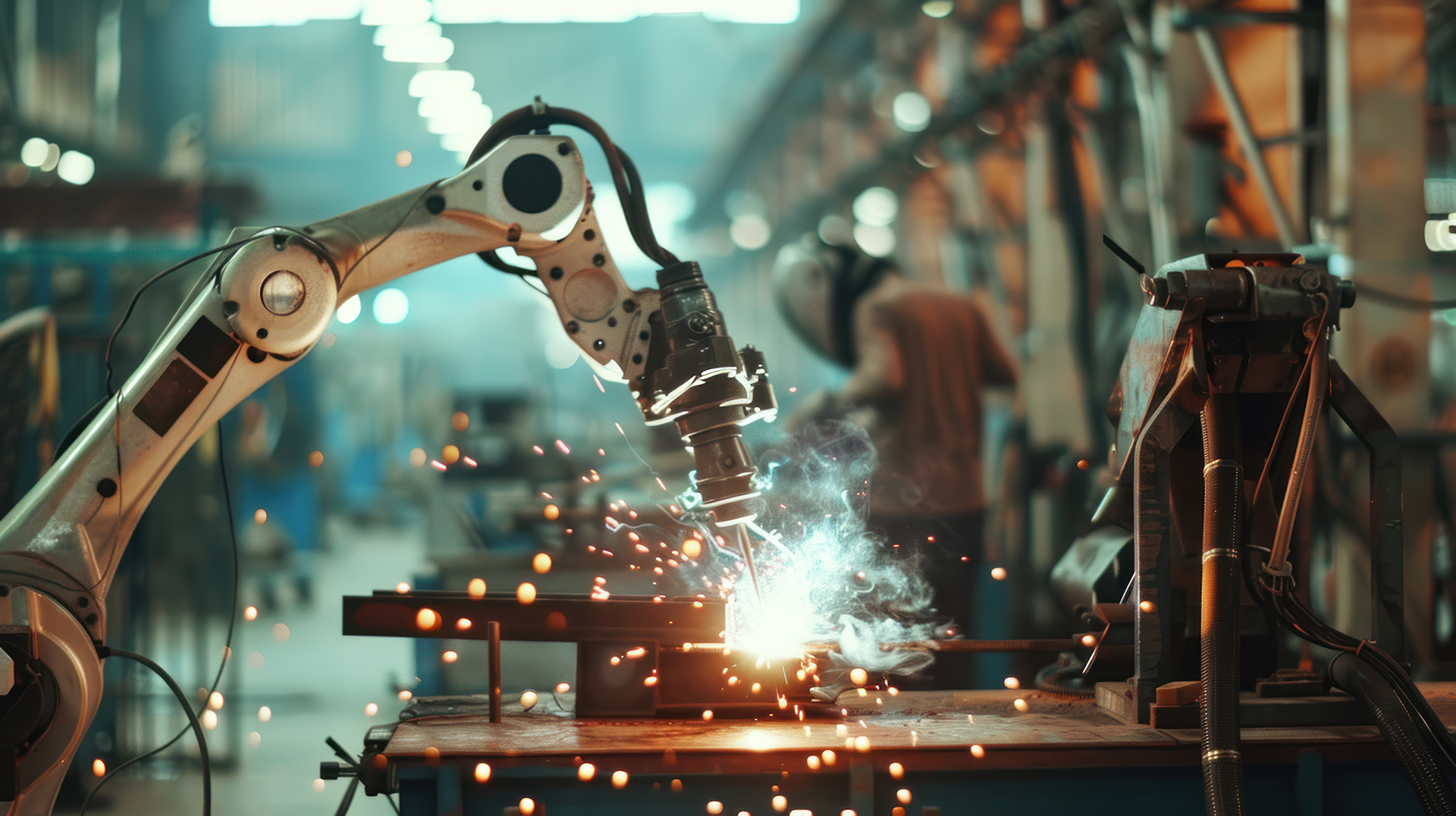Stainless Steel in Nuclear SMR Applications: Safety and Durability Considerations
Why Stainless Steel Is Essential in SMR Development
Small Modular Reactors (SMRs) represent the future of clean energy offering scalable, lower cost nuclear power with enhanced safety features. But this innovation brings a challenge: materials must withstand extreme environments, long service life, and strict regulatory oversight. Stainless steel has become the preferred choice for SMR systems due to its high corrosion resistance, strength retention at elevated temperatures, and material traceability.
At Action Stainless, we supply certified stainless steel plate, sheet, round bar, and tubing used in SMR and traditional nuclear environments. Our in-house capabilities, including saw cutting, grinding, and polishing, allow us to deliver material-ready solutions for manufacturers working in high-compliance energy sectors.
Core Demands of SMR Stainless Applications
The nuclear sector places demanding requirements on every material, especially metals used in reactor systems, containment vessels, and piping. Stainless steels are chosen for their ability to meet:
- Extreme corrosion resistance (especially in high-radiation and high-pressure environments)
- High strength-to-weight ratio
- Long-term thermal stability
- Radiation resistance
- Traceability and certification
In SMRs, many components must meet
ASME Section III, RCC-M, or other nuclear-specific codes. Action Stainless provides materials that are traceable by heat number, with full documentation and support for compliance.
Stainless Grades Commonly Used in Nuclear & SMR Systems
Not every stainless grade qualifies for use in SMR environments. Here's a breakdown of nuclear-preferred alloys and their characteristics:
| Grade | Key Properties | Common Uses in SMRs |
|---|---|---|
| 304/304L | General corrosion resistance, widely available | Tanks, supports, light structural systems |
| 316/316L | Added molybdenum boosts pitting resistance | Reactor piping, coolant systems |
| 347 | Niobium-stabilized, strong creep resistance | Core structural components |
| Duplex 2205 | Higher strength and chloride stress resistance | High-pressure piping, waste treatment units |
| Alloy 718/625 (Nickel-based) | Superior high-temp strength and oxidation resistance | Control rods, reactor internals (not stainless, but used with) |
At Action Stainless, we stock and cut 304L, 316L, 2205, and other high-performance grades commonly used in regulated industries. Custom sourcing is available for niche nuclear applications, with traceable certification.
Why SMR Projects Require Certified and Traceable Metals
- Verification of chemical composition and mechanical properties
- Support for ASME Section III, RCC-M, and customer-specific specs
- Documentation during QA/QC audits
- Reliable long-term safety
Supporting Fabricators in the Nuclear Supply Chain
Action Stainless supports tank manufacturers, pipe system fabricators, and OEMs building for SMRs. These partners often require:
- Saw-cut stainless bar or plate for structural or pressure components
- Ground or polished tubing for fluid systems
- Flattened and deburred sheet for enclosure or shielding fabrication
- Tested and certified material that supports regulated approval processes
We meet these needs
in-house no outsourcing delays or documentation gaps.
Our Value Added Services for Nuclear and SMR Fabricators
SMR and nuclear projects often involve low-volume, highly custom work. Fabricators need precise prep, compliance support, and quick delivery. We help with:
- Saw Cutting – For precise lengths and clean edges, especially in bar and tube
- Grinding & Polishing – Removes mill scale, supports clean weld prep and passivation
- Flattening & Leveling – For uniform plate and sheet readiness
- Edge Conditioning – Improves handling safety and eliminates burrs
- Material Certification – Delivered with every order, stored by heat number for retrieval
Since we control these services in-house, customers gain
faster turnaround, tighter tolerances, and accurate compliance documentation.
Example: Supporting an SMR-Ready Vessel Fabricator
A Midwest-based fabricator designing corrosion-resistant storage tanks for SMR coolant systems turned to Action Stainless for:
- 316L plate with tight thickness tolerance
- Saw cutting and deburring to match pressure vessel segment drawings
- Heat number traceability and full mill cert documentation
- Polished ID finish to meet weld and cleanliness specs
We supplied all required material and processing under one roof, giving the client
fewer suppliers to manage and better quality control in their own ASME Section III submission.
Regulatory Standards and Testing in SMR Projects
Materials for nuclear use must meet strict international and U.S. codes, including:
- ASME Section II & III (Boiler & Pressure Vessel Code)
- RCC-M (French nuclear materials code)
- NQA-1 (Quality assurance requirements)
- ISO 9001 (General QA framework, which Action Stainless supports internally)
Testing and certification may include:
- Mechanical properties (tensile, yield, elongation)
- PMI (Positive Material Identification)
- Chemical analysis per ASTM A240, A276, etc.
- Third-party verification as requested by the customer
We work closely with manufacturers to provide compliant, verified, and tested material backed by real documentation—not just labels or invoices.
The Role of Corrosion Resistance in SMR Systems
SMRs often use water-based coolant systems that may include chlorides, borated water, or demineralized loops. This means corrosion resistance is not optional it’s essential to longevity and reactor safety.
Stainless steels like 316L and duplex 2205 are favored for their resistance to:
- Pitting and crevice corrosion
- Chloride stress corrosion cracking (SCC)
- Intergranular attack in high-temperature water systems
At Action Stainless, our material selection and surface prep services help reduce corrosion risks before the material even reaches the jobsite.
Looking Ahead: Why Stainless Will Be Central to SMR Growth
As the U.S. Department of Energy and private developers invest in SMR technology, demand for nuclear-grade stainless steel is expected to increase dramatically over the next 5–10 years. Unlike traditional nuclear plants, SMRs will be:
- Modular and repeatable – requiring consistent materials supply
- Built closer to end-use sites – requiring regional logistics support
- Held to high safety standards – with no tolerance for material inconsistency
Action Stainless is positioned to
grow with this shift, offering
scalable supply chains, regional facilities,
and in-house prep services that help our customers build with confidence.
Final Thought: The Right Partner for Nuclear Stainless Steel
When safety, compliance, and durability are non-negotiable, your material supplier must be more than a middleman. At Action Stainless, we supply the grades SMR manufacturers trust and we deliver them with the services, documentation, and precision needed to meet your most exacting specifications.
We don’t outsource critical steps, delay certification, or compromise traceability. From mill sourcing to final saw cut, every detail is controlled, documented, and delivered.
FAQ: SMR Stainless Steel & Nuclear Grade Material Supply
Does Action Stainless supply stainless steel for nuclear or SMR projects?
Yes. We support OEMs, fabricators, and tank builders in nuclear and SMR sectors with traceable, certified stainless steel products and services.
What grades do you offer for nuclear applications?
We stock 304L, 316L, 321, 347, and 2205, with sourcing support for additional alloys as required. All materials are supported by mill certifications.
Do you provide material testing and traceability documentation?
Absolutely. Every shipment includes mill test reports and traceability by heat number. Third-party testing coordination is also available.
Can you process stainless plate or bar to spec in-house?
Yes. We offer saw cutting, grinding, polishing, and leveling—all performed in-house, ensuring tighter tolerances and documentation.
Are your materials ASME or RCC-M compliant?
We supply material that meets or supports ASME, ASTM, and RCC-M standards. Let us know your spec sheet, and we’ll match it.


